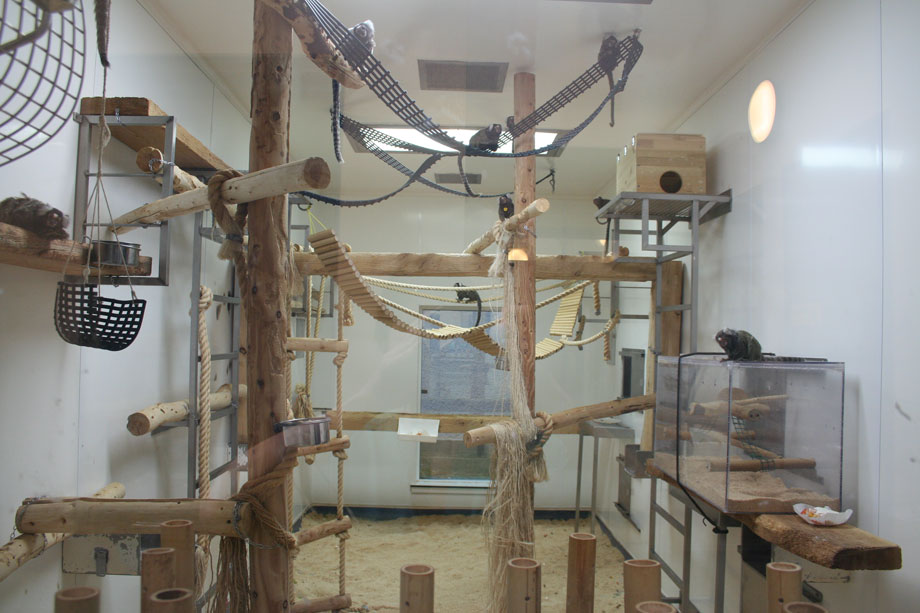Marmoset Monkey Care, Marmoset monkeys, with their expressive eyes and tiny size, are among the most adorable and fascinating primates. Native to South America, these miniature monkeys are increasingly kept as exotic pets. However, marmoset monkey care requires extensive knowledge, time, and commitment. They are not low-maintenance pets and have complex emotional, dietary, and environmental needs that must be met for them to thrive in captivity.
Understanding Marmoset Behavior
Before diving into care tips, it’s important to understand marmoset behavior. These monkeys are highly social creatures that live in groups in the wild. Isolation can lead to stress, depression, and even self-harm. If you’re considering keeping a marmoset, having at least one companion of the same species is recommended.
Marmosets are intelligent, active, and curious. They need constant mental stimulation and interaction with their caregivers. A bored marmoset can become aggressive, destructive, or withdrawn.
Diet and Nutrition
Proper nutrition is vital in marmoset monkey care. Their diet in the wild consists of tree sap, insects, fruits, and small animals. In captivity, their meals should be carefully balanced and varied. A typical diet may include:
- Fresh fruits (papaya, banana, mango, apple)
- Vegetables (carrot, sweet potato, leafy greens)
- Insects (crickets, mealworms)
- Boiled eggs or cooked lean meats for protein
- Specialized primate biscuits or supplements
Calcium and vitamin D3 are essential to prevent bone diseases, especially metabolic bone disease. Clean, fresh water must always be available.
Housing Requirements
Creating a suitable habitat is one of the most important aspects of marmoset monkey care. These monkeys are arboreal, meaning they live in trees. Their enclosure must be tall, spacious, and filled with branches, ropes, platforms, and hiding spots.
Ideal enclosure features include:
- Minimum dimensions: 6 ft tall, 4 ft wide, 4 ft deep (bigger is better)
- Branches and climbing toys to simulate natural behavior
- Secure locks to prevent escapes
- Temperature: 80–85°F (27–29°C) with proper humidity
- Daily cleaning to maintain hygiene
Outside of the cage, marmosets need supervised playtime in a safe, enclosed room.
Health and Veterinary Care
Regular veterinary checkups are crucial. Not all vets are trained in primate care, so finding an exotic animal specialist is a must. Common health problems in marmosets include:
- Dental disease
- Metabolic bone disease
- Parasites
- Respiratory infections
Vaccinations, parasite prevention, and a clean environment help prevent illness.
Socialization and Enrichment
Social interaction is a core element of marmoset monkey care. These animals bond deeply with their caregivers and require daily attention and engagement. Enrichment can include:
- Puzzle feeders
- Foraging toys
- Mirrors or reflective surfaces
- Interaction with other marmosets
- Human contact and training using positive reinforcement
Failure to provide sufficient enrichment can lead to behavioral issues and emotional distress.
Legal and Ethical Considerations
Before acquiring a marmoset, check local and national laws. In many places, owning primates is restricted or banned. Ethical concerns also arise regarding keeping such intelligent animals as pets. Many experts argue that marmosets belong in the wild or in professional care settings.
Final Thoughts
Marmoset monkey care is a lifelong commitment that involves time, money, and emotional investment. These animals are not suitable for everyone and require a highly controlled environment and expert care. If you’re truly committed to giving them a safe and enriched life, be prepared to become a full-time caregiver, not just a pet owner.
You Might Also Like These:


